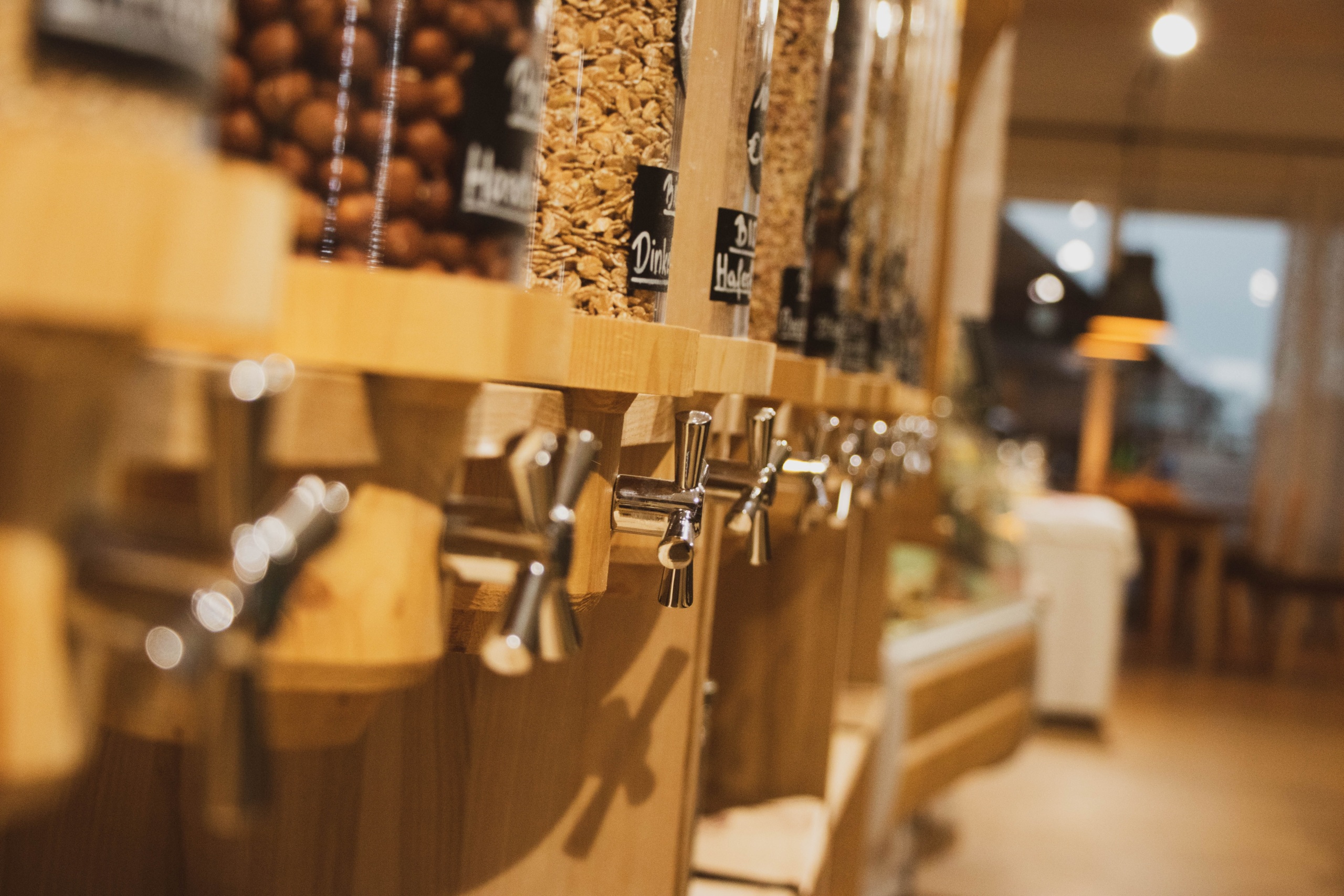
Ditch plastic packaging: Shop at your local refillery
A wave of new retail businesses are eliminating single-use plastic packaging entirely, showing us what a future with dramatically less plastic could look like.
To spare birds, fish and other wildlife from the harm caused by plastic pollution, we’re raising our voices for a world with less single-use plastic products.
Maybe you’ve seen the video of a sea turtle with a plastic straw stuck in its nose, or the headlines about whales washing ashore with stomachs full of plastic. With so much plastic pollution floating in the ocean, it’s too easy for wildlife to mistake it for food — and too often, they pay the price with their lives. The good news is that more people, communities, states and companies are moving away from the single-use plastics we don’t even need. Because after all, nothing we use for a few minutes should pollute our environment and threaten wildlife for hundreds of years.
A wave of new retail businesses are eliminating single-use plastic packaging entirely, showing us what a future with dramatically less plastic could look like.
Report ●
On Thursday, advocates from PIRG and Environment America discussed the growing environmental impact of clothing overproduction and what state lawmakers can do about it.
Together, we can move states, and our country, beyond plastic.
Big box retailer commits to action plan on plastic packaging.
Shoppers can score some great deals on Amazon Prime Day or Prime Big Deal Days, but they come at a cost: tons and tons of single-use plastic packaging waste added to our environment.
